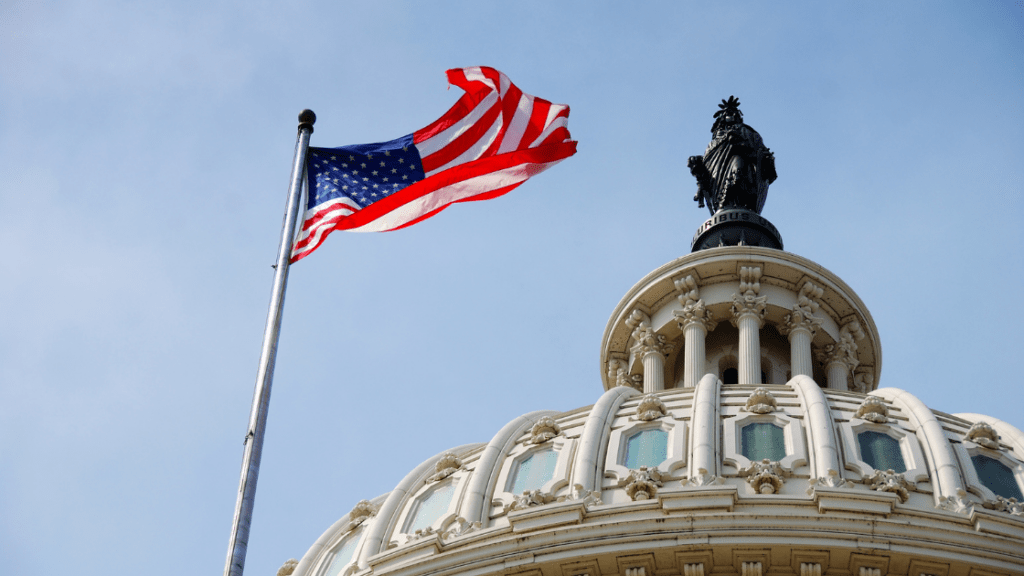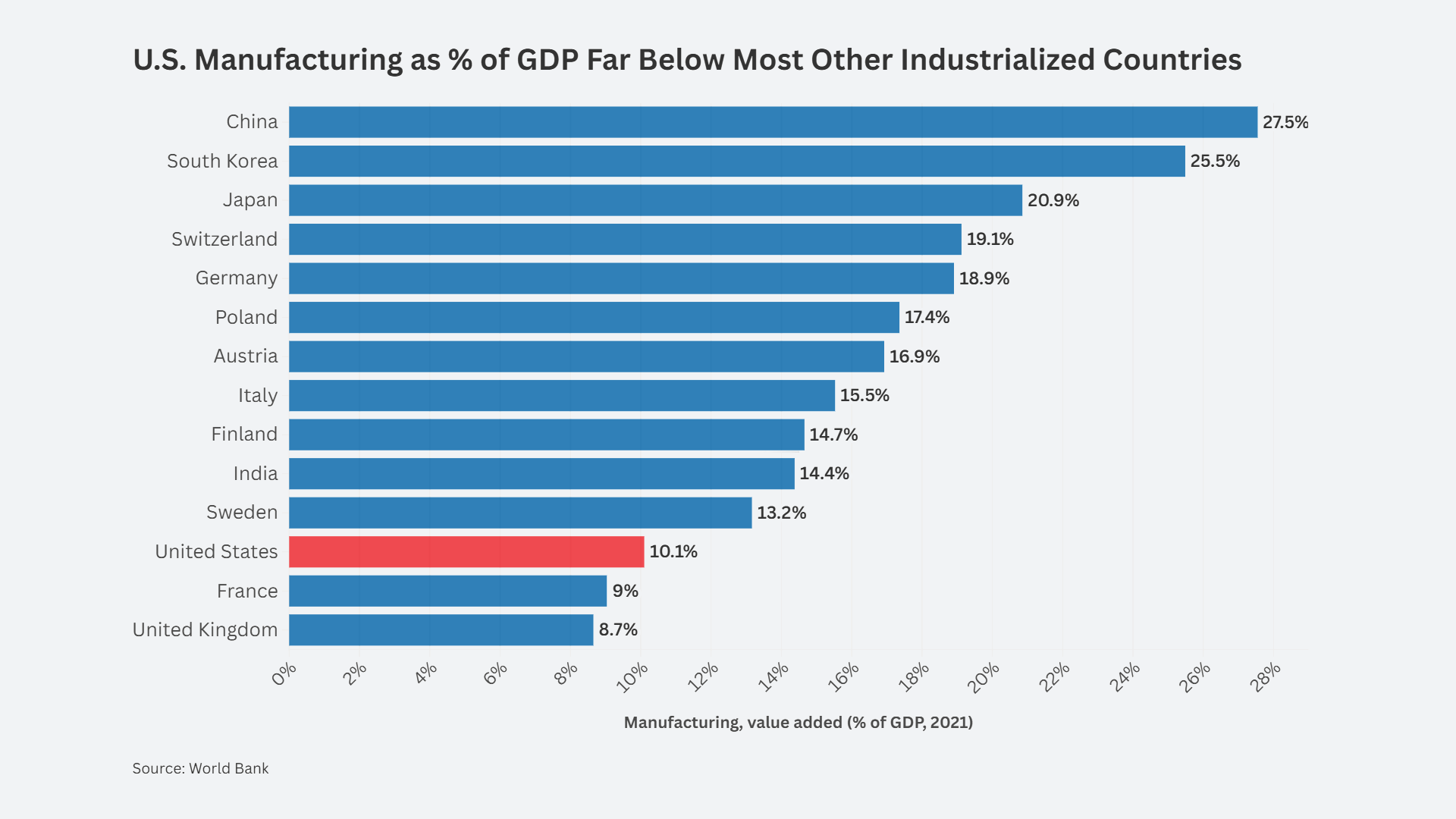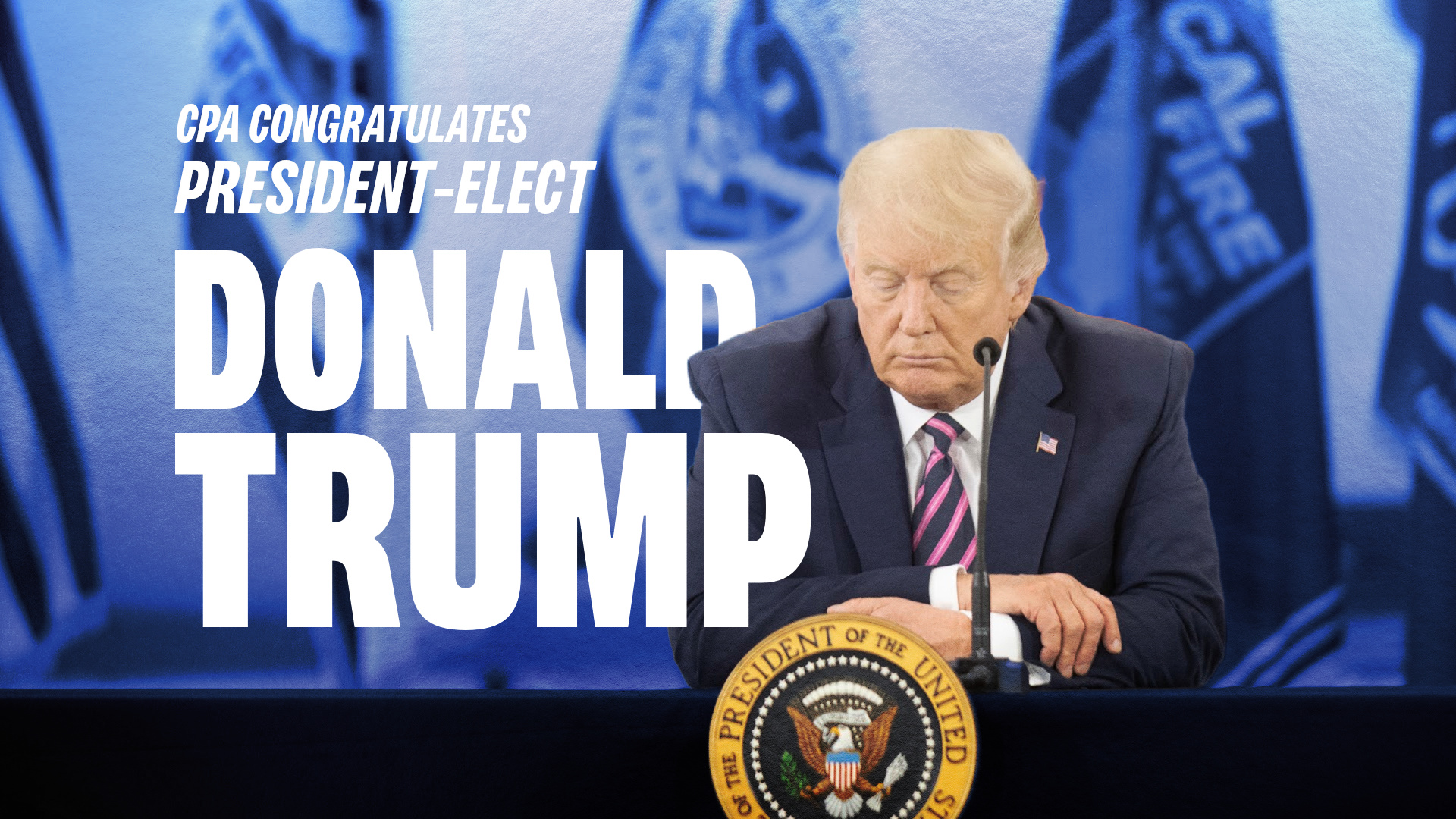YES on NDAA Amdt. #523
WASHINGTON — The Coalition for a Prosperous America (CPA) today announced that it will key vote in support of amendment #523 offered by Senators Marco Rubio (R-FL), Joni Ernst (R-IA), and Jeanne Shaheen (R-NH) to the Senate’s National Defense Authorization Act (NDAA) for Fiscal Year (FY) 2024 that prohibits the retirement savings of all federal employees, including members of the Armed Forces, from being invested in countries designated as threats — or official “countries of concern” — to the U.S., including China and Russia.
Amendment #523 to the Senate NDAA is the legislative text of the Taxpayers and Savers Protection (TSP) Act, bipartisan, bicameral legislation. That bill would ban the Federal Retirement Thrift Investment Board (FRTIB) from enabling federal employee retirement funds in the Thrift Savings Plan (TSP) to fund companies in those designated hostile nations. The TSP is the largest retirement fund in the world with $720 billion in assets. This week, CPA joined military leaders, human rights organizations, and national security experts in urging the Senate to support amendment #523.
Senators Marco Rubio (R-FL), Jeanne Shaheen (D-NH), Rick Scott (R-FL), Joni Ernst (R-IA), and Josh Hawley (R-MO) introduced the TSP Act in the Senate. U.S. Representatives Michael Waltz (R-FL), Chrissy Houlahan (D-PA), John Rutherford (R-FL), Elise Stefanik (R-NY), Mike Gallagher (R-WI), and August Pfluger (R-TX) introduced the bill in the House.
Opponents of the TSP Act — including Wall Street and their allies — have falsely claimed that it is unnecessary as Treasury’s Office of Foreign Assets Control (OFAC) could issue rules governing the TSP, as well as private sector investment, to restrict or ban all U.S. investment in China. OFAC can and should take strong action to prevent all U.S. capital markets investment in Chinese companies. However, this does not preclude Congress from taking action now to ensure that federal employees, including members of the U.S. Armed Forces, are not unwittingly investing in Chinese companies that the U.S. government has identified as being national security risks and involved in the CCP’s genocide, use of forced labor, and modernization of the People’s Liberation Army.
Read CPA’s Myths vs Facts on the TSP Act here.
According to data published by CPA, and that was reported on by The Wall Street Journal and Newsweek, the TSP has serious exposure to companies owned or controlled by the Chinese Communist Party (CCP). As such, “[m]illions of federal employees can invest in Chinese companies sanctioned by the U.S. government via its flagship retirement plan, even though these companies have been branded a danger to national security or are accused of profiting from forced labor or other human rights abuses.”
Shockingly, the FRTIB, which is in charge of managing the TSP, admitted publicly that it has not conducted any due diligence to evaluate whether the TSP and the products it offers in its Mutual Fund Window include Chinese-owned entities that pose national security risks or fund Chinese companies engaged in human rights violations.













